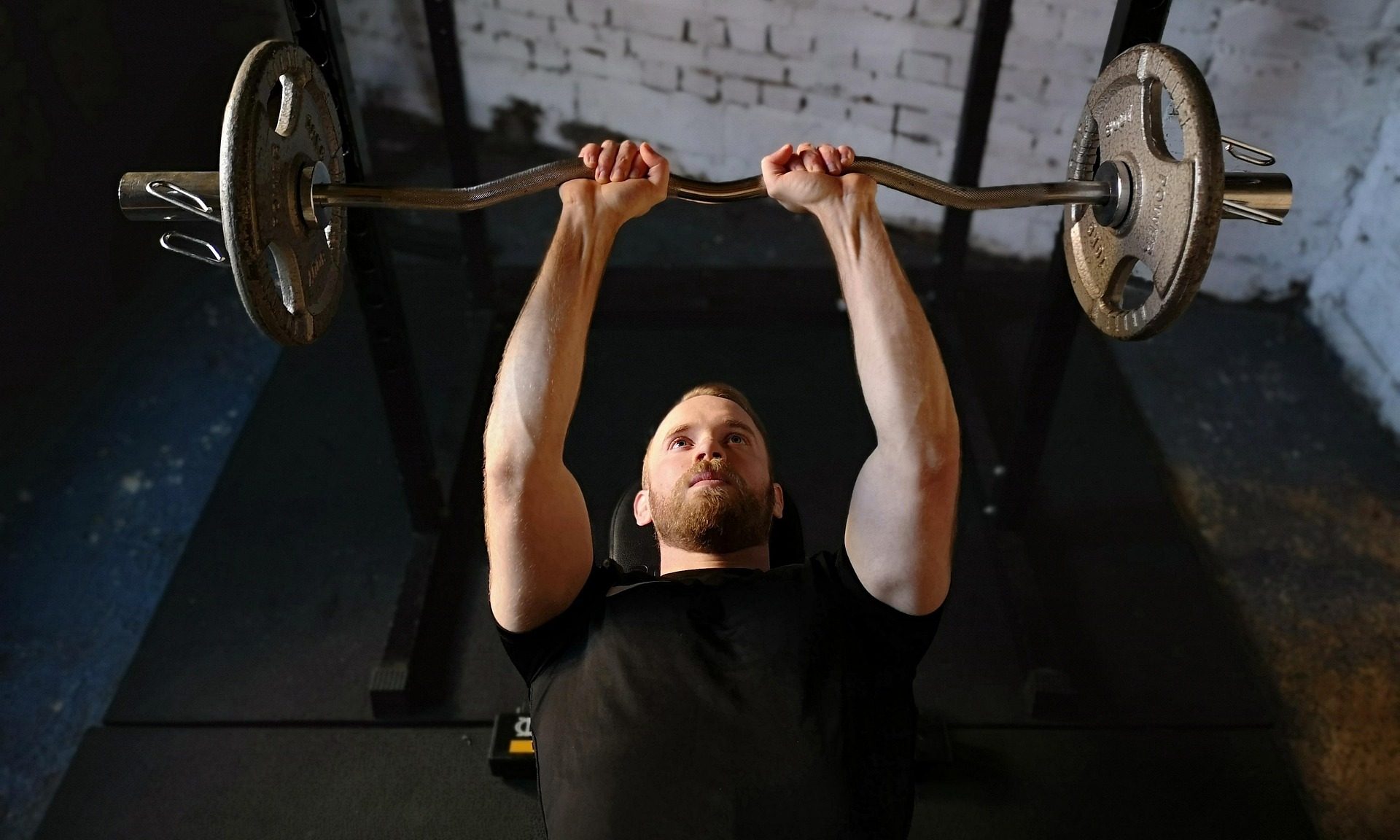Sometimes, we just need to take time off training for different reasons, from vacationing to switching our focus to other life tasks, to-dos, family time, and unexpected challenges. When you’re trying to get serious results in the gym, you might be wary of taking too many rest days, and the thought of not pumping iron for two or three weeks might have you reaching for the dumbbells. Will taking a few weeks off training really hold you back from optimizing muscle growth and power? Let’s look at the research.
The study

In a study published in The European Journal of Applied Physiology, researchers compared the effects of continuous training with periodic training on muscle mass and power. Periodic training involves taking breaks in the training program. The 14 men engaged in the same bench press training routine but were split into two groups: the continuous training group and the periodic training group.
The continuous training group trained for the entire 24-week duration, while the periodic training group engaged in three six-week training blocks, taking three-week breaks in between these six-week training blocks.
The results

Here are the results:
- After six weeks, both groups experienced similar improvements in muscle growth and strength.
- Following the initial six weeks, these improvements gradually slowed down for the continuous training group. Interestingly, the periodic training group showed more significant increases in muscle mass and power following their second training cycle and three-week break.
- At the end of the 24-week study, both groups had the same total muscle growth and strength gains.
The takeaway

Life gets busy, the unexpected happens, and sometimes we just need a vacation. While this is a small study, the takeaway is that taking a few weeks away from your training schedule won’t hinder your gains, and you don’t need to dedicate every single week of the year to your training schedule to see optimal results. The study showed that short rest periods could possibly prevent plateaus and burnout and help you along your fitness journey.
Another study revealed that occasional short breaks from resistance training, even up to 10 weeks, won’t negatively affect your muscle strength and size in the long run. Rest days give your muscles time to recover and repair microscopic tears in your muscle tissue caused by exercise. Rest days also help you replenish glycogen stores and prevent exercise-induced muscle fatigue and soreness. When your muscles are fatigued, you can’t give it your all in the gym.
Why overtraining can hold you back

Overtraining puts repetitive strain and stress on your muscles, which can increase your risk of injury. Being physically active ramps up energy-boosting hormones, such as adrenaline and cortisol. While this is a good thing, overexercising can overproduce these hormones, which makes it more difficult for you to fall asleep, worsening your fatigue and exhaustion, and likely hampering your performance the next day in the gym.




